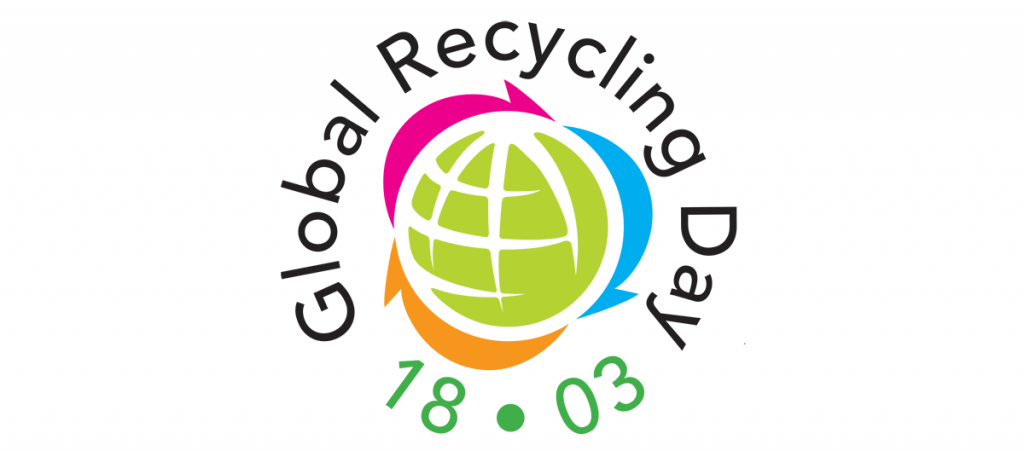
How important is recycling? Imagine a world without it – discarded refrigerators stacked to the sky, broken cars lined up like trains, mountains of aluminum cans. Recycling deserves a spotlight.
It will get one during Global Recycling Day (GRD) on Sunday, March 18, 2018. The first-ever initiative of the Bureau of International Recycling (BIR) is meant to showcase the immense role that recycling plays today and needs to play in our planet’s future. Via the GRD website, individuals and businesses can access tools to drive awareness and action to recycle more effectively around the world.
Consider these statistics:
- Every year, the earth yields 55 billion tons of finite natural resources to transform into consumables.1
- Yet 2.12 billion tons of materials are discarded worldwide every year.2
- Recyclables already supply 40 percent of the world’s raw material needs.3
Lead Batteries Lead the Charge
The lead battery industry is an example of a “circular” economy where continuous use and reuse are built into the process. Today, lead batteries have a 99.3 percent recycling rate, making them the most recycled consumer product in the U.S.4 Moreover, most new lead batteries contain up to 80 percent recycled material.5
This matters more than ever because the need for storing renewable energy – and, likewise, batteries – is rapidly growing. It’s expected that trillions will be invested in new wind and solar facilities within the next 20 years. That will require a mix of battery chemistries. Lead batteries are the leading solution today and for the sector’s expected growth.
Our Challenge to You
The lead battery industry will continue to educate people and businesses about the importance of battery recycling, especially as new battery technologies enter the market. Before you make a battery decision, please question:
- Is your battery choice recyclable? We need recycling of all battery technologies.
- Do you know the full life-cycle impact of the battery technology?
Sources
1. Resources extracted from earth
3. http://www.bir.org/industry/
4. Battery Council International (2017 National Recycled Rate Study).
5. “Environmental Impact and Life Cycle Assessment of Lead Battery and Architectural Sheet Production,” The International Journal of Life Cycle Assessment, 2016.


